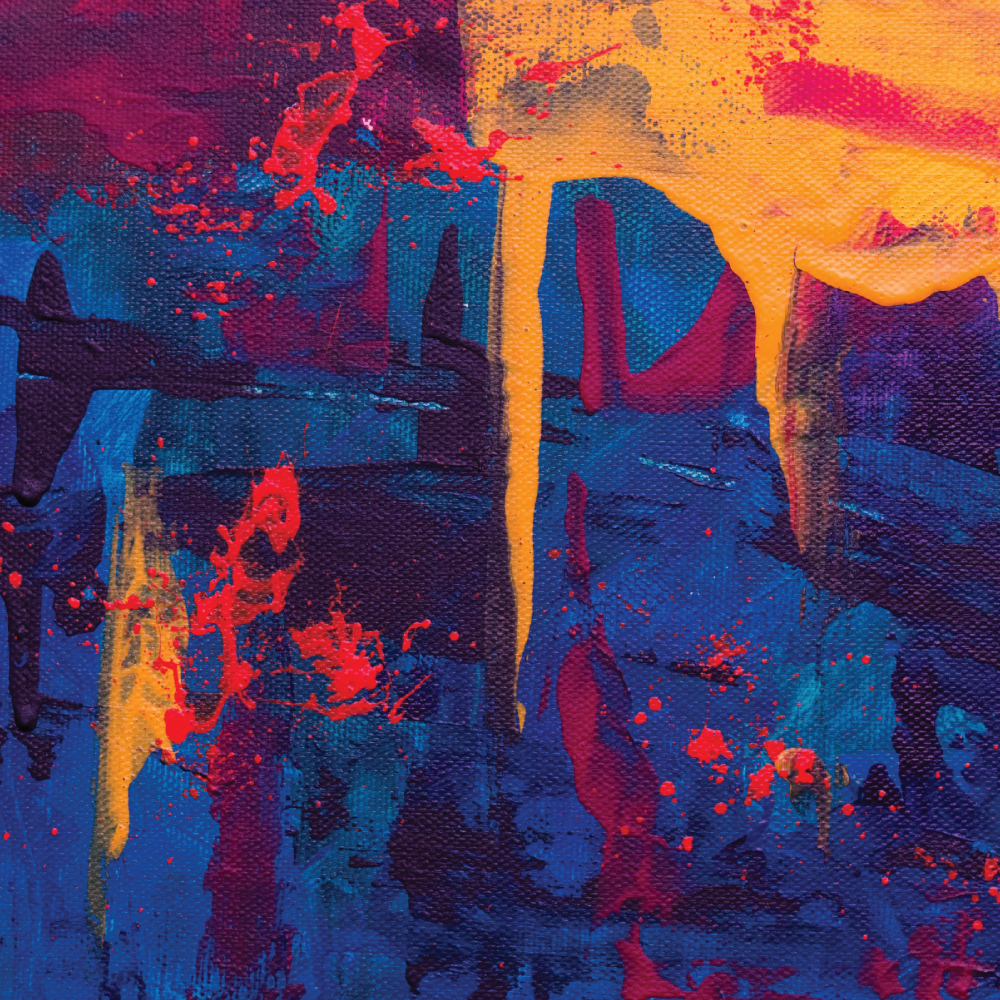Black Orpheus Black Internationalism in a Time of Blackness
Main Article Content
Abstract
Although it’s only been thirty years since the Berlin Wall was torn down, the term “Cold War” has become something of an antique. It is as if when Ronald Reagan pronounced those fateful words, “Mr Gorbachev, tear down this wall”, the wheels of history suddenly and irrevocably came to a standstill. The USA vs USSR nuclear, technology, space and innovation war came to an abrupt and unceremonious end. That at least, is one of the reasons for the global amnesia about what the Cold War actually meant and the ways
in which in altered our consciousness and the world. Africa, is not even considered when “Cold War Studies” are mentioned. As a continent, we are absented from the volatile and deadly politics of that fateful period from 1945 to 1989. As many have pointed out, contrary to the popular perception that Africa was untouched by Cold War politics, the period was actually one of “hot wars” all over the continent. Whereas in North America, citizens of the United States could breathe a sigh of relief that they no longer would stand accused of “un-American activities”, on the African continent the ideological fallout of the end of the Cold War still continues. The fate
of African Nationalism, Pan-Africanism, Negritude and Black Internationalism was also bundled up with Cold War politics and this has in some ways resulted in the conclusion that the thawing of American and Soviet Union also led to the depreciation of these liberation and anti-colonial ideas. This aftermath has bred a certain type of continental fatalism in which all our dead, dying and barely alive utopias are inevitably read from the vantage point of Cold War politics and after. It is therefore timely that we excavate the archives of anti-colonial art and literary movements and journals whose sole impetus for existence was to ensure that the ideals of African
Nationalism and Pan-Africanism would be realised in the world of cultural production. This excavation consists of many moving parts since it is at once an intellectual history of art and a social history of “little magazines”. Equally important is the history of literary magazines that attempted to “modernise” and “localise” literature and thereby offer to the newly independent citizens of the continent avenues to express their “coming to consciousness” in the aftermath of colonial domination. This paper will attempt to use the concept of the “Black Orpheus” to imagine an intellectual history of art and art production through the lens of other concepts that
lie in ruin — Black Internationalism, Pan-Africanism, African Nationalism etc.
Article Metrics Graph
Article Details

This work is licensed under a Creative Commons Attribution-NonCommercial 4.0 International License.

